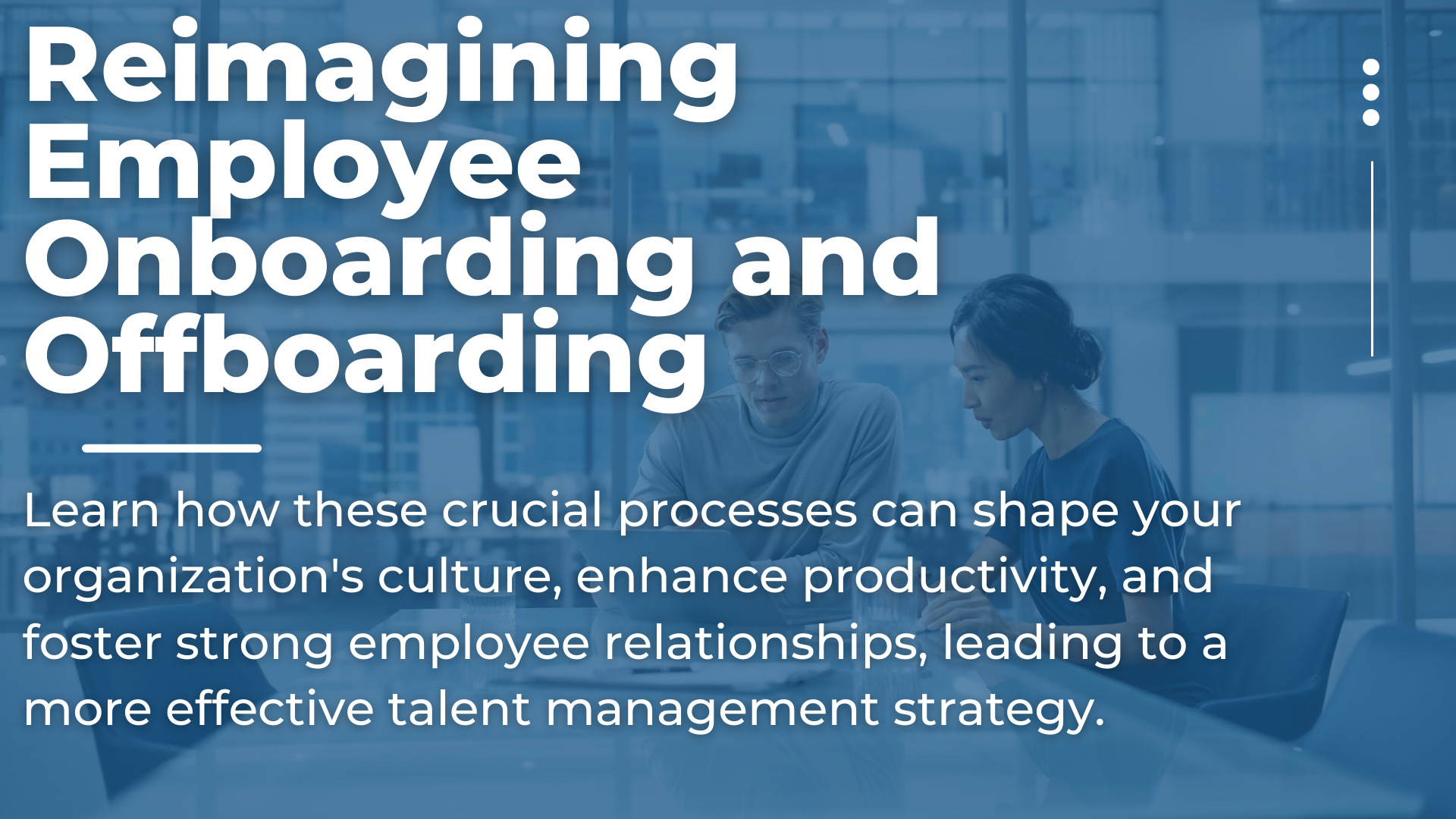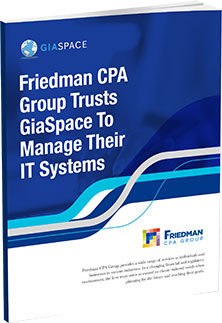Reimagining Employee Onboarding and Offboarding: A Comprehensive Checklist
Companies across the globe are continuously striving to enhance their talent management strategies, seeking to optimize their recruitment, retention, and overall workplace efficiency. The phases of employee onboarding and offboarding serve as critical points in this process, setting the stage for a successful introduction and a graceful exit. Understanding this, today’s blog post takes a deep dive into a comprehensive onboarding and offboarding checklist.

Onboarding – The First Step towards Success
Employee onboarding is a pivotal process that welcomes a new hire into the organization. It sets the tone for their career journey, shaping their perception of the company and its culture. A well-planned onboarding process can significantly increase employee retention, enhance productivity, and foster loyalty.
1. Pre-Arrival Preparation:
Various aspects must be prepared before a new employee enters the office to ensure a smooth onboarding process. This includes:
- Preparing the employee’s workstation with necessary tools, technologies, and access rights.
- Notifying IT services about new software/hardware requirements.
- Planning the first week’s schedule, detailing meetings with relevant teams or managers.
- Delivering pre-joining paperwork and relevant company policy documents.
2. On the First Day:
The first day sets the pace and expectations. Make it memorable and informative by:
- Organizing a warm welcome. This could include a small team gathering or a personal introduction to the team.
- Conducting a thorough orientation program, covering aspects like company culture, policies, procedures, and safety instructions.
- Providing a guided tour of the office premises, highlighting key areas and facilities.
- Assigning a mentor or buddy to help the new hire navigate the initial phase.
3. The First Week and Beyond:
The subsequent days should gradually immerse the new hire into the organization’s workflow. This can be achieved by:
- Setting clear job expectations and initial project assignments.
- Encouraging the new hire to participate in team activities or projects.
- Conducting regular check-ins to address queries and provide the necessary support.
- Offering ongoing training and development opportunities.
Offboarding – The Final Chapter of an Employee’s Journey
Offboarding, often overlooked, is equally crucial as onboarding. It allows an employee to exit the organization on good terms and helps the company secure its data, retrieve company property, and obtain valuable feedback for future improvements.
1. On Receiving the Resignation:
The offboarding process begins as soon as an employee submits their resignation. At this stage:
- Acknowledge the resignation and discuss the notice period.
- Inform the HR, IT, and finance departments about the employee’s departure.
- Plan the transition of tasks and responsibilities to other team members.
2. Pre-Exit Formalities:
Before an employee officially leaves, ensure all company assets are returned and the employee has fulfilled their duties:
- Ask the departing employee to return all company property, such as ID cards, laptops, or other equipment.
- Ensure the employee submits any pending reports or documents.
- Clear all financial matters, including final salary, reimbursements, and other benefits.
3. Exit Interview:
An exit interview serves as a platform for open dialogue and valuable feedback:
- Conduct a comprehensive exit interview, allowing the employee to share their positive and constructive experiences.
- Use this feedback to improve your company’s retention strategies and work environment.
4. Final Farewell:
A gracious exit can leave a lasting impression and maintain a positive relationship with the departing employee:
- Send an official farewell email or hold a small farewell gathering.
- Remove the employee’s access to company systems, emails, and databases.
Remember, employee onboarding and offboarding are two sides of the same coin. Both are pivotal in shaping your organization’s image, culture, and workplace dynamics.
Post-Offboarding Actions
Even after an employee leaves, there are a few actions that must be taken to complete the offboarding process:
- Conduct a review of the offboarding process with the HR team, discussing any challenges encountered and the effectiveness of the transition plan.
- Update the organizational chart and staff directories.
- Announce the departure to all staff members and provide information about task transition if necessary.
Conclusion
In the grand talent management scheme, onboarding and offboarding processes act as bookends to an employee’s tenure at an organization. By giving due attention to these processes, companies can create a positive work environment that fosters growth and loyalty and ensure a respectful and insightful offboarding process that maintains good relationships with former employees.
As our checklist outlines, successful onboarding and offboarding involve strategic planning, clear communication, and a genuine effort to make the employee feel valued. Companies should continuously review and refine these processes to better fit their evolving needs and those of their employees.
By approaching onboarding and offboarding with a comprehensive plan, organizations can create an enriching journey for their employees from start to finish, thereby nurturing a strong and sustainable talent pool. After all, every exit is an entry somewhere else, and every entry sets the stage for potential success.







